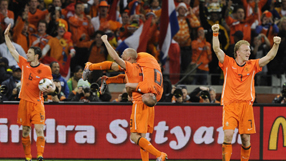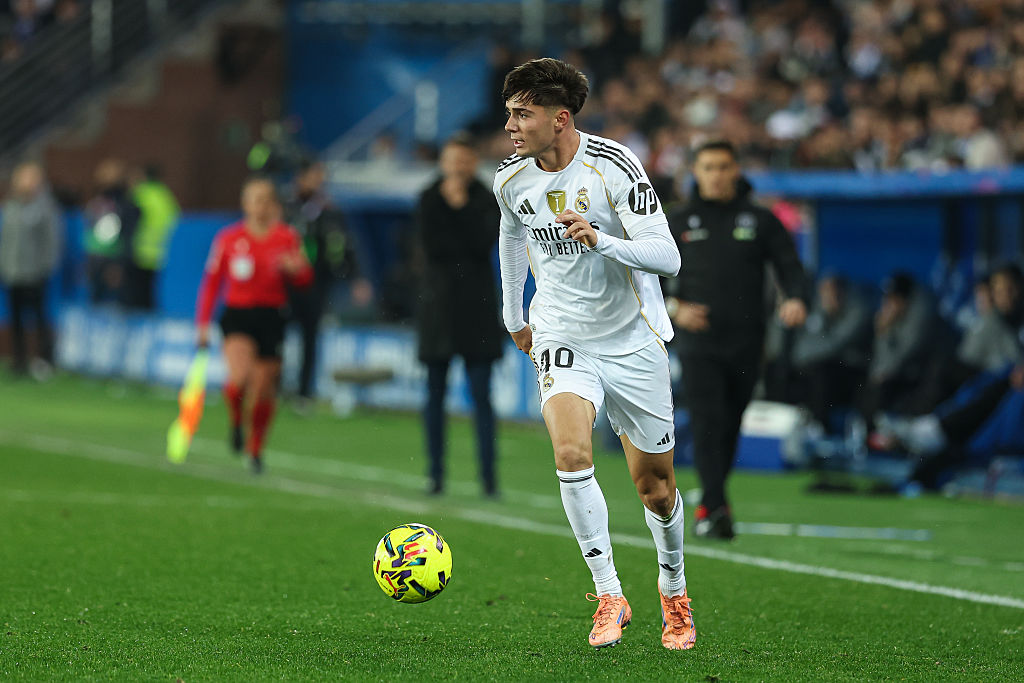
Marco van Basten twice guided exciting Dutch sides through tough groups, at the 2006 World Cup and the 2008 European championship, only to see them fall in the first knockout round.
Four years ago, Netherlands qualified second in their group behind Argentina on goal difference but were then knocked out by Portugal in a bad-tempered match in Nuremberg.
Two years later at the Euros they came top of their group having brushed aside Italy and France, who went on to contest the World Cup final, but fell to Guus Hiddink's Russia in Basel.
Van Marwijk took over after the 2008 campaign and led his team through qualifying with eight straight wins. They have added six more victories in South Africa in easing through the group stage before eliminating Slovakia, Brazil and Uruguay.
The coach has kept his team sharp and on form during the campaign. Mental strength has been important too, he said, although the side needed more belief in their abilities.
"I have tried... to drill a stronger self-belief into the players but it is a process," the coach said earlier this year.
THE MISSION
The best features, fun and footballing quizzes, straight to your inbox every week.
From day one the Dutch camp, this time without their almost traditional differences, have shown a belief in the mission the coach unveiled at the start of his tenure.
But while they had an impressive run of form before the tournament, the Dutch had been dealt a fairly easy qualifying group featuring Iceland, Scotland, Macedonia and Norway. That left Van Marwijk with little idea of how good his team were.
During the 1970s, Netherlands had a side bursting with big names and were one of the strongest teams in the world.
However, despite playing some of the most attractive soccer at major tournaments, the Dutch have never lifted the ultimate prize having been runners-up at the 1974 and 1978 World Cups.
This time Van Marwijk, spoilt for choice in attack, has made the best use of quality players like Arjen Robben, Dirk Kuyt, Rafael van der Vaart, Wesley Sneijder and Robin van Persie.
With Robben initially ruled out by a hamstring injury, which kept him sidelined for the first two group matches, Van Marwijk started with Van der Vaart and Kuyt as wingers to support lone striker Van Persie with playmaker Sneijder as the linchpin.
When Robben was fit Van der Vaart lost his place and Kuyt was moved across from the right to the left flank. The changes worked well and the Dutch have maintained their consistency.
Although they have not displayed the traditional Dutch brand of sparkling football, Van Marwijk has constructed a team that has so far proved to be just a bit better than their opponents.
 Join The Club
Join The Club





